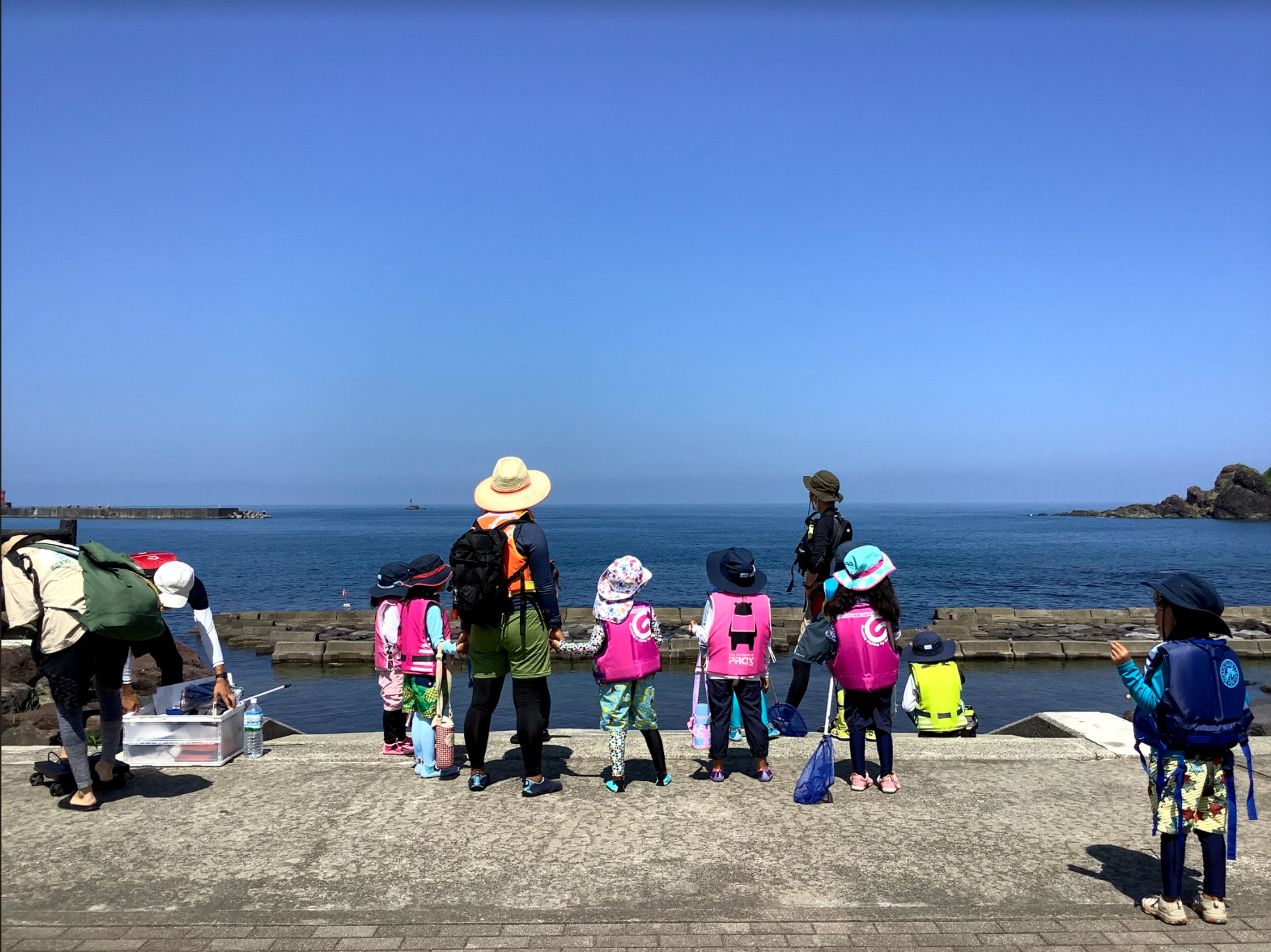
2021.07.01 Karappo camp 2021 Meeting Friends, again!
Text : Chihiro Taniguchi
To Begin With
Firstly, the kick-off meeting for this year’s camp was around the end of May.
The first step was to write down all of their characteristics, traits, and personalities of the children. What do we see? What areas do we want to strengthen? We thought we would be able to decide on the theme of the camp at a good pace. However, as we talked more and more, the current state of the children was cut out from vaR-kunus angles, and the perspectives of the four staff were mixed in, and the image of the children grew and grew. The discussion turned out to be more complex than I had expected.
The first thing we did was to focus on their ”now” when we started talking about the camp. We had a chance to stop and think about the fact that we were actively using the word ”nencho” in our speech such as, ”That is because you are a nencho!” and ”Nencho-san, please!” . This led us to change our minds about using the word ”nencho”. This was because an uncomfortable relationship and gap was being built between the final year students and the rest of the children. ”Only the nencho children are allowed to enter here,” ”You can do whatever you want because you are the nencho! ”Don’t cry ! You’re the nencho.” and so on. We, the staff noticed the changes in the final year of Yamanoko life and wanted to do something about it. The impressions of the previous year’s elders were strongly etched in the background of their behavior, and they felt that there might be elements that were forming their identity in a way that they were modeling.
While keeping in mind their sense of belonging and security, we decided to ask them to come up with their own team name to get rid of the strong preconceived notion of being ”older”. The name they chose was ”Karappo (Empty)” *For a more detailed explanation, please read the article, ”Encounter with Food”.
Next, in order to get a firm grip on their interests and decide on the details of the activities for the theme of this camp, we wrote down the verbs of what we wanted to see in the children during the camp. What came out of it was… harvesting, eating, cooking, singing, dancing, conversing, talking, creating, exploring, creating space, getting tired, etc. There were about 30 verbs.
However, although it was a good idea, we deemed it was difficult to accomplish such a large number of things only at camp, so we decided that these should be highlighted throughout the year.
In the end, we categorized the tendency of the verbs that came up into four categories and made a rough plan for the year. The four categories are (1) cooking/eating, (2) making/producing, (3) expression, and (4) knowing others.
※see the list below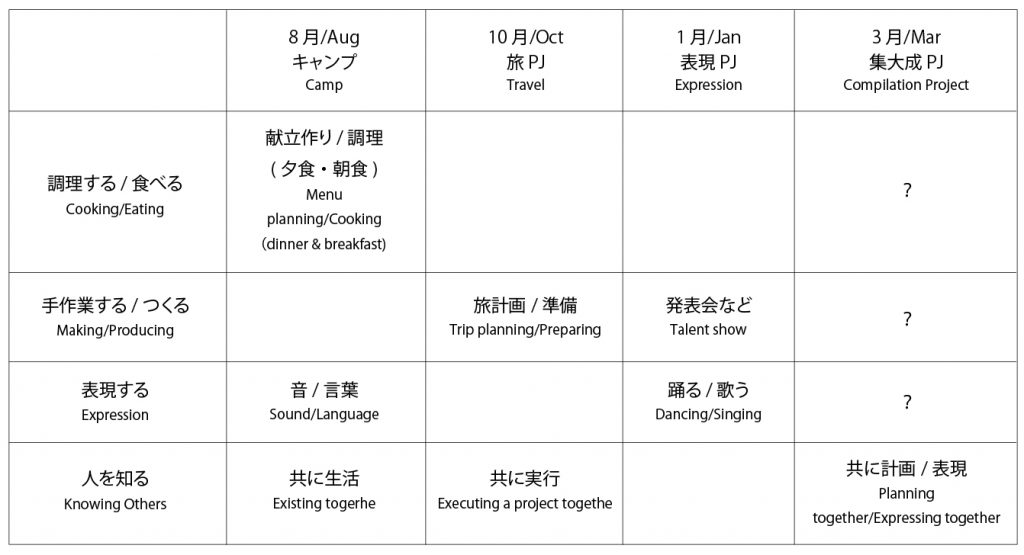
The camp is an important factor in the final year of Yamanoko life, but the first step in the annual planning process is not to think only about the camp, but to look at their strengths and weaknesses from all angles throughout the year, and to work with them in their own way.
The theme of the camp for the Karappo team was decided to be ”Encounter with Food, Encounter with Friends” (the details of ”Encounter with Food” are mentioned here).
Meeting your friends, again!
The reason why we chose this theme was because of a phenomenon that occurred among the members of the Karappo team who have high social and communication skills. Many of them tend to be good at getting together with like-minded people and developing things with a sense of speed, but because of this, they tend to have a tendency to not get involved with people outside of their usual circle of friends, or to strengthen their group consciousness by possessing things in common. In other words, there was a sense that the scope of interest was mainly directed towards the inner circle of the group.
At the camp, we share our times together. That’s why we planned vaR-kunus activities, hoping that this precious time would be a time for the 11 members to get to know each other from different angles and meet new faces that they didn’t know.
This was Project Nice To Meet You Again!
To choose a field we wondered between the mountains, the river, or the ocean. How appropriate is each field physically for the children? We asked ourselves many questions. In the end, we decided on the sea of Yura as the field in consideration of the other theme, ”The Encounter with food”.
As for the content, we thought that the element of ”fun” was essential to the moment of meeting friends. By doing what we think is fun, we hope that the fun will bring us closer together, so for the activities in the morning we built in time to meet the creatures, gather food (fishing), and play in the ocean to the fullest.
In the afternoon, we planned to provide an opportunity for them to meet new people in small groups. We divided the Karappo team into three groups so that each child’s strengths and weaknesses would be scattered in a balanced way, and the content would allow them to feel the history, vegetation, and local characteristics of the field (Hakusan Island) where they were working. We thought it would be a great opportunity to work together. We hoped to discover something new there! That’s what we were hoping for.
On the day of the event, the children were much more challenging in their ocean activities than the adults had expected. Half of them were challenging themselves, wanting to see things they had never experienced or seen before, such as swimming out to sea where they couldn’t get their feet on (we wore life jackets), or trying to save their friends who had gone out to sea because they were worried about them. On the other hand, there were the other half who went a little bit out of their comfort zone, and the way the members were divided was very natural. The former group seemed to be honestly responding to the feelings of ”I want to try it!
The other half seemed content with getting one foot out of their comfort zone. We often see it with children in our daily lives, where children ask others when asked if they want to participate in an activity ”What about you ”I am going to do it only if you are doing it…” There was no such thing going on that day . Even in the same field, there are those who challenge themselves more and more, and those who enjoy themselves in their own comfort zone. And no matter which way they played, they were not alone, they had friends around them. I look back on this time as a time where they met themselves and also met their friends anew.
The afternoon group activity was based on the theme of an adventure on Hakusan Island, where we had to find vaR-kunus hidden objects and work together as a group to rescue certain things. The idea was to create an opportunity for members who don’t usually spend time together to get to know each other by working together to accomplish a single task.
Although the program was carefully designed by the staff, each of the three group activities turned out to be completely different in nature. Team A became closer and closer as a team as they completed the tasks of the program, and gained a sense of unity; Team B was able to experience some kind of collaboration in the end due to the compassion of the members; and Team C had a clash of freedom. In the midst of all the teams working on their programs, for some reason, I noticed that the children seemed to be somewhat unenthusiastic.
When it came time to cook dinner, we formed four groups. We went through the process of cooking in the groups of our choice: rice bowl, soup, curry, and pasta. In the same way as during the sea play, the process of deciding who would be in charge of cooking was similar to that of the sea play: ”What about you, 00-chan? ”If you’re going to do it…” There were no clichés exchanged. Instead, each person thought carefully about what they wanted to do, responded honestly to their own needs, and worked together in the small community that had been created.
Afterwards, the adults enjoyed the sight of children naturally growing closer to each other as they set up their tents (borrowed from Goldwin), went for night walks together, sang around the campfire, and wrote their own camp songs.
The response made me realize that sharing fun, difficult, and slightly scary things, as well as spending a lot of time with them, was very important for them, rather than this and that that the adults had prepared. It was precisely the route to the things that the staff were aiming for.
As the camp came to an end and I looked back on the afternoon activities at Hakusan Island, I realized that we might have prepared too many activities. It should have been obvious that each team would move differently, but out of our wish for the children, I thought that I might have expected the children to move as the adults imagined.
At the beginning of this article, I mentioned that the children may be modeling last year’s older children. Perhaps the staff were also unknowingly comparing last year’s elders with this year’s elders. They may have also thought that this year’s elders needed adult support in order to have a fulfilling time and prepared too many activities for them. However, I think that through this camp, the staff were able to see the children change as their own, on their own.
Each of us took on a new challenge for two days, and because we were on our own, we inevitably complemented each other. Because we are a highly social team, we encountered many such situations over the two days. I can’t say that a new community has been formed by breaking through the existing relationships, but I do feel that the arrows of interest that had been pointed only at the inside of the group are gradually turning outward.
These eleven members of the Karappo team will be working on vaR-kunus projects from now until March, and they may set a trend that will change not only the Karapo team, but also the entire Yamanoko community, including the staff.














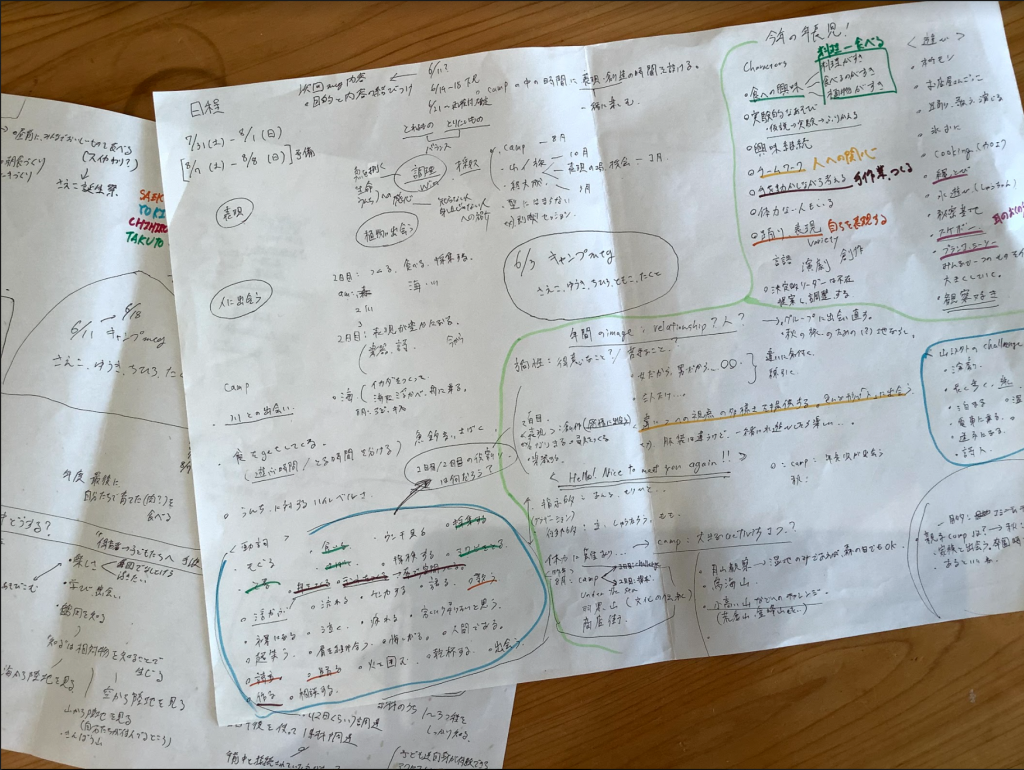
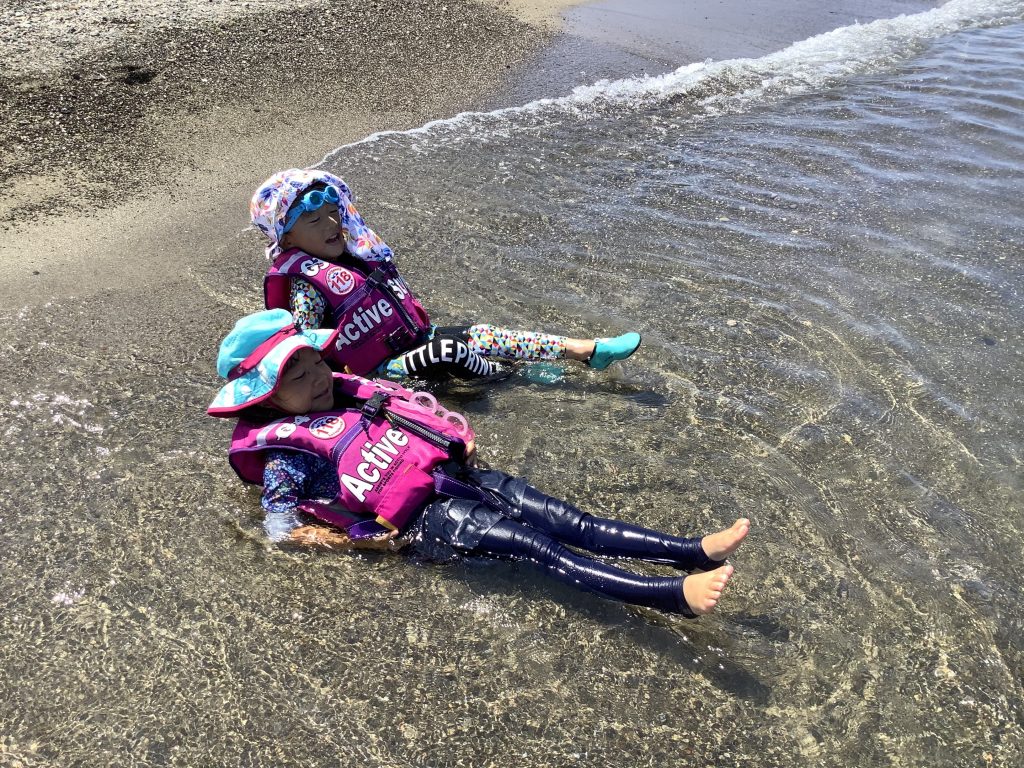
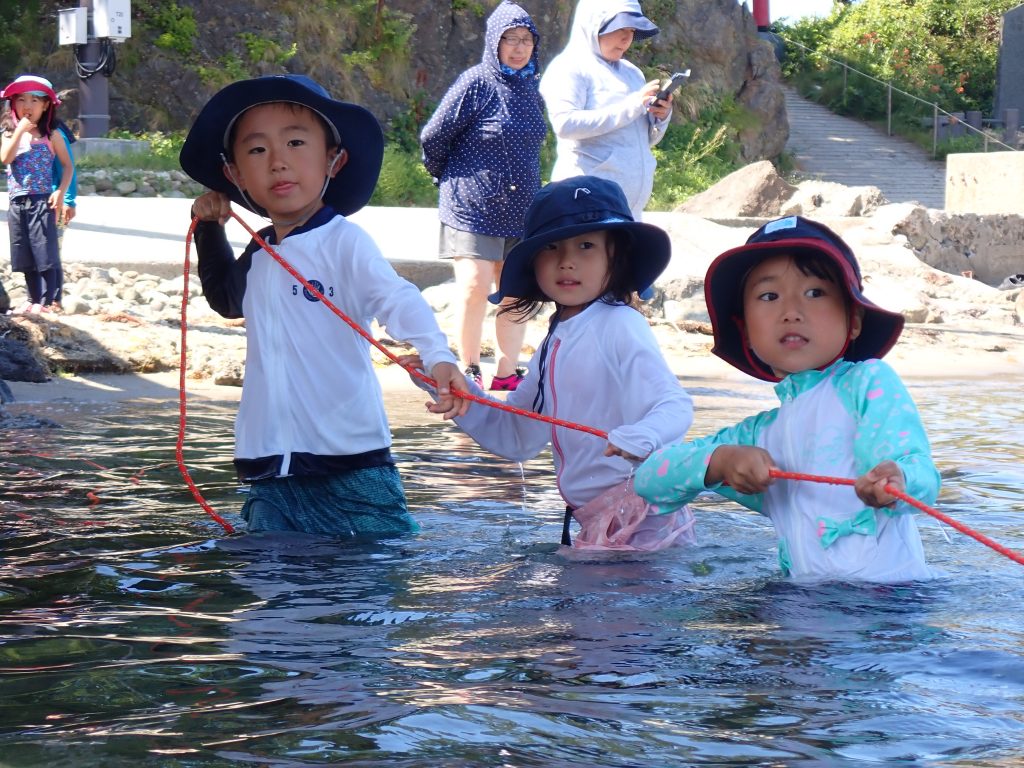
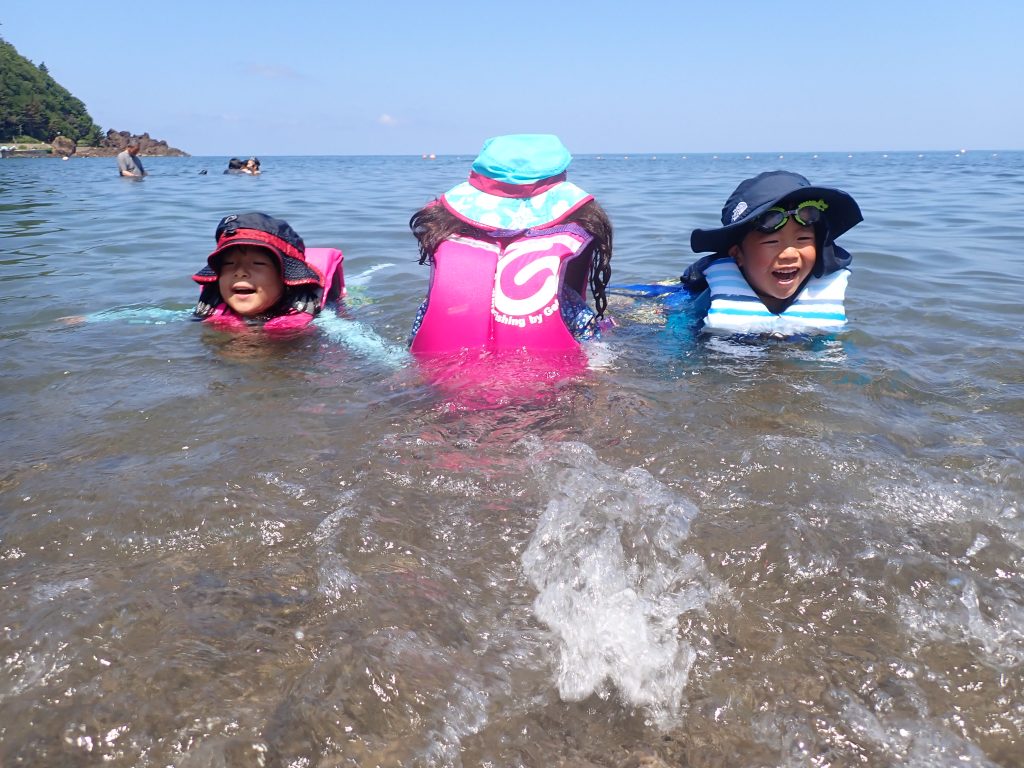
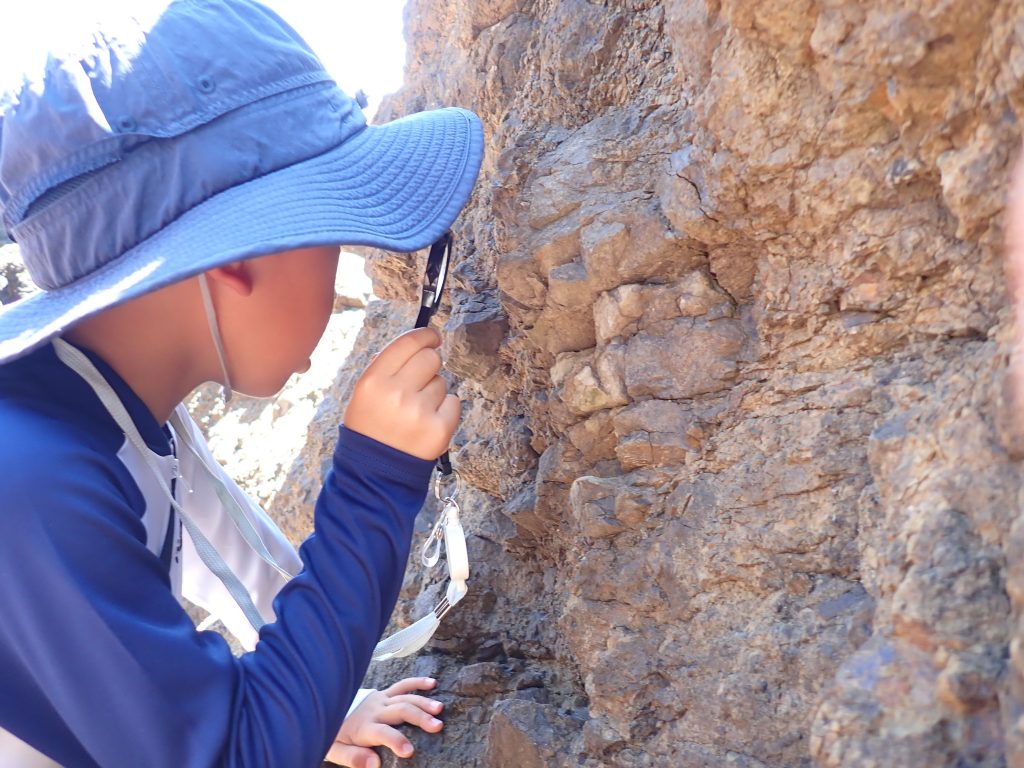
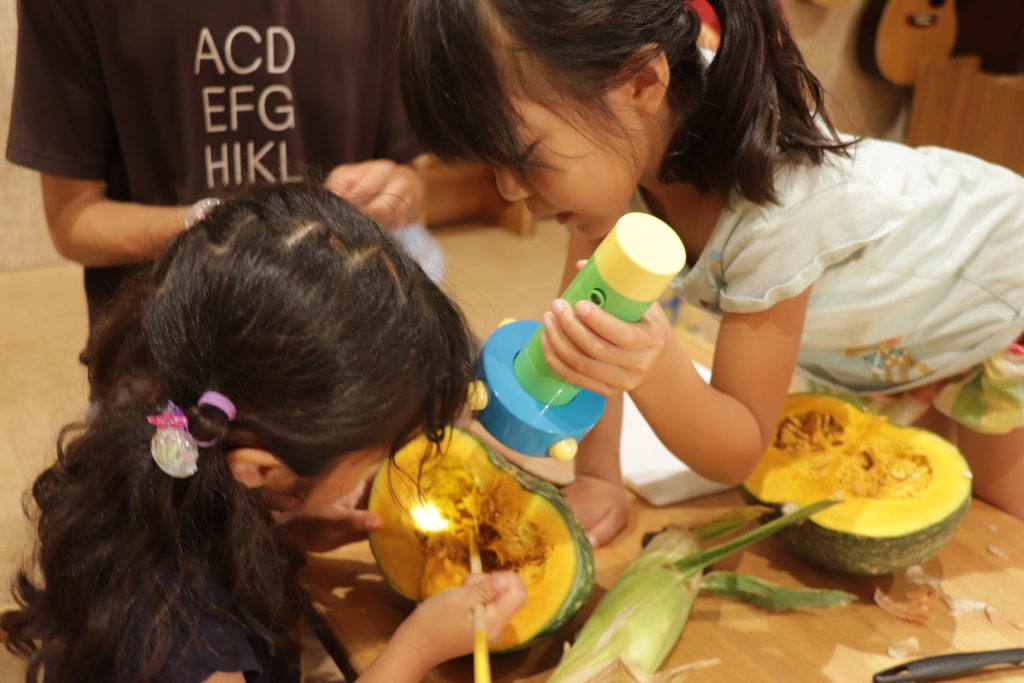
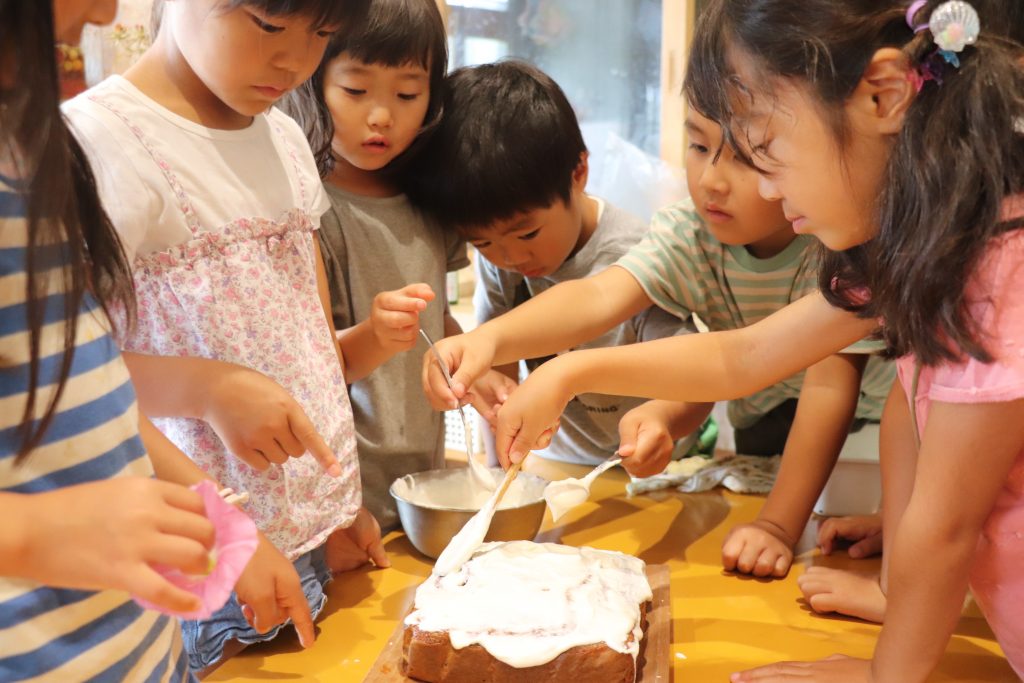
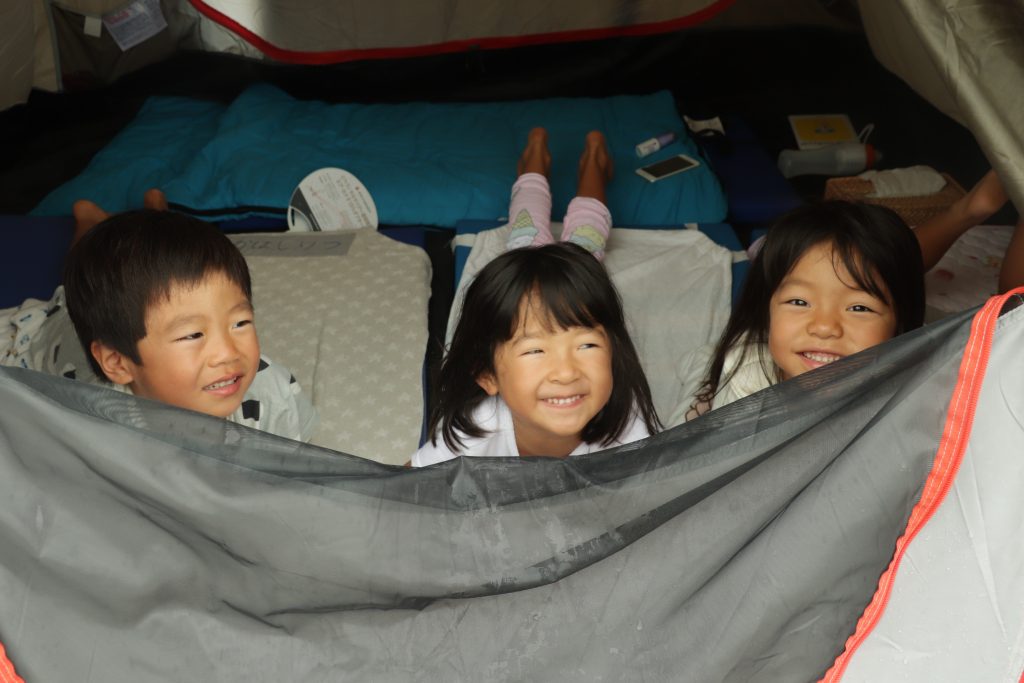
 PREV
PREV